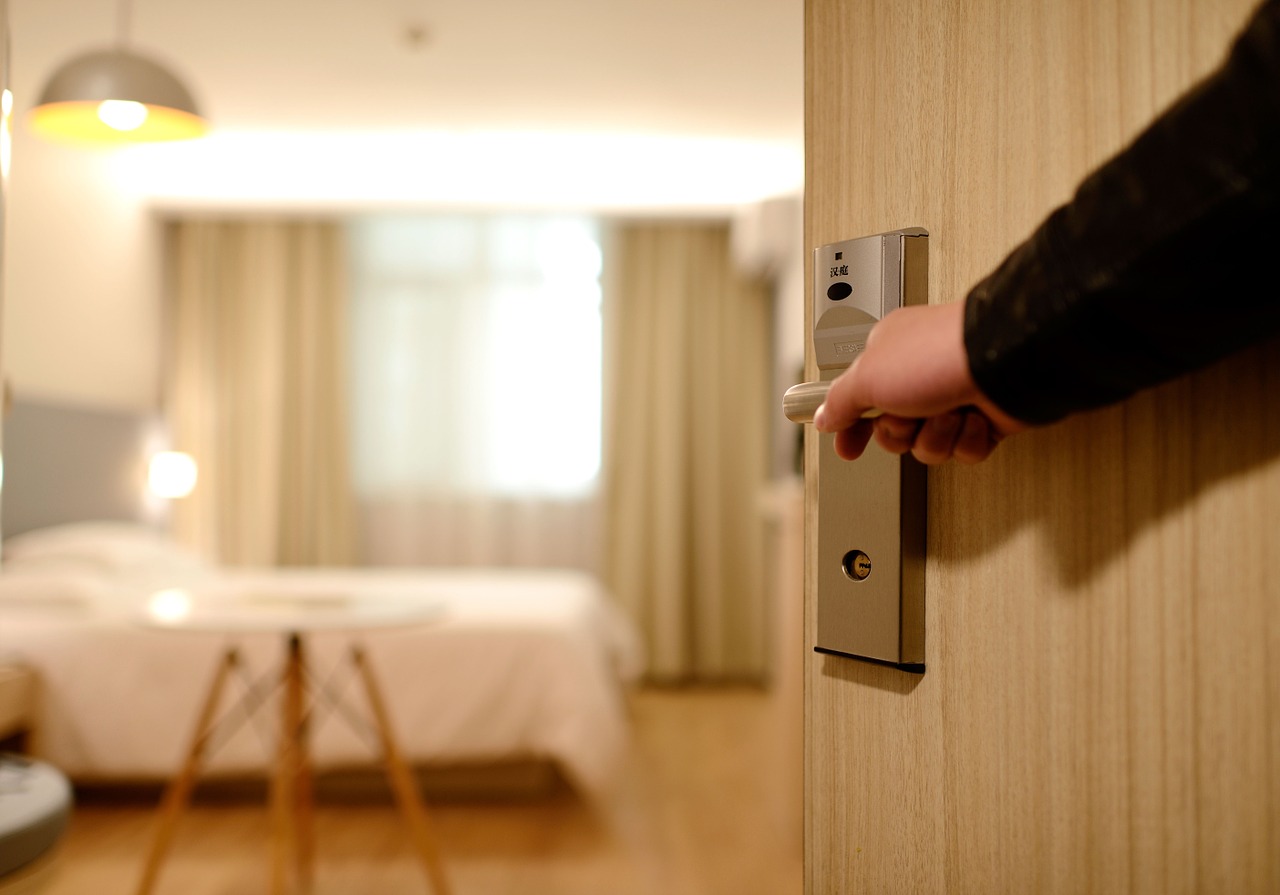Competition is healthy, it’s what keeps businesses on their toes and pushes them to do better, by performing to the highest level, finding new ways to serve their clients and provide insight to the latest technologies, trends and practices of their industry. The hotel industry is no different; there are hundreds of thousands of hotels across the globe, with big cities competing to claim their bookings through their online portals – especially their websites.
The best way to get recognised online is to boost your SEO and learn new ways of giving your website a structured and reachable appearance. Here are a number of steps you can adopt to boost your hotel’s SEO ranking:
Be relevant and hit those keywords
Fooling Google is virtually impossible, so before you try to beat the highly optimised Artificial Intelligence embedded into Google’s entire system, why not try and work in its favour? A great SERP result comes about through tailored content planning, you need to keep your material relevant to the searches and hits you wish to produce.
For example, if you are targeting family-friendly accommodation, you need to produce and generate content that appeals to families with young children perhaps. Blogs detailing the best venues to enjoy in your hotel’s location might draw that traffic in, website content that’s rich in specific information will generate more hits.
Keyword rich content is always more relevant to its readers, it also lessens the bounce rate on a page. Bounce rate is a term used to gauge the amount of time a user spends on a site, it doesn’t necessarily evaluate whether there was a conversion or not but it does increase the chances.
Give your meta tags some thought
It’s not only about the visible words on your website that matter; the ones behind the scenes are just as important. Meta tags are those magical words that can help your website boost up to the top of its ranks; these coded website tags hold all the power to sorting out your hits.
They usually come in the form of shorter sentences, longer paragraphs and feature keywords within them. These snippets will also appear on a Google search page – most people read this to gain more information on your site; so make sure it’s typo-free, true to your brand and highly organised.
If your hotel focuses on luxury experiences, it might be a good idea to include this in the Google search snippet – it guides your users in the right direction and gets them ready for the content on your main page and sub pages.
Images are your friends – so treat them that way
Did you know that a properly labelled image will generate more SEO opportunities for your website? Well luckily it can, and failing to properly optimize images will cause you to lose out on quite a bit of traffic.
Let’s imagine you are describing the spa found inside your hotel, you’ve chosen the best high resolution images of the pool area, you’ve tweaked the image to best capture the feeling of the area and you’ve also thought of the most descriptive filename and HTML attributes. ‘Hotel pool area’ will help Google understand what the image holds much more than ‘image04’ would.
Get your links in order
A good website interlinks with its own material, a great website outsources links to third party websites. Now it would be crazy to link to a competing hotel portal, that would destroy your chances of a booking but it would make perfect sense to link to entertainment venues that your guests could enjoy.
Take a New York hotel; the competition in endless, the traffic questionable. The things that would tip your hotel website over the ranks of the others is if it is informative, structured and ready to help its visitors. Why not link blogs to local travel blogs to give your website a current and trending feeling? Why not share the latest restaurant reviews in your area by copying in their link into your blog post? These are all top linking tips that could spike your ratings.
Of course linking your own material in blogs or on web pages will also create a community feeling within your website and assure your visitors that you know exactly what you’re doing with regards to marketing strategy and website configuration. If this seems like too much to manage with your internal team; give 4Sight a call, we’ll know what to do.
Adapt your site to mobile devices
A great percentage of searches take place on mobile devices, be they tablets or smartphones, their use in modern browsing techniques has soared over the standard desktop searches. For this reason it is important to optimise your website to fit into a mobile device with ease – making sure not to lose any vital content or give the users anything less than the full picture.
Remember, the more access you give your market, the easier it will be for them to book a hotel room or enquire about the services you provide. Whether they’re traveling to and from work on the bus or waiting for their next meeting in a coffee shop; you’ll be able to catch them through their hand-held devices when they’ve got the most time on their hands.
By following these simple SEO steps, you can benefit from higher traffic, more reachability and hopefully more sales! Optimisation is key so the best ways to make a system or service work for you is to understand how Google works, take on the best tactics and try out the ones that you think would work for you. It’s all about trial and error; a game that will eventually work in your favour and develop your hotel’s website performance.

